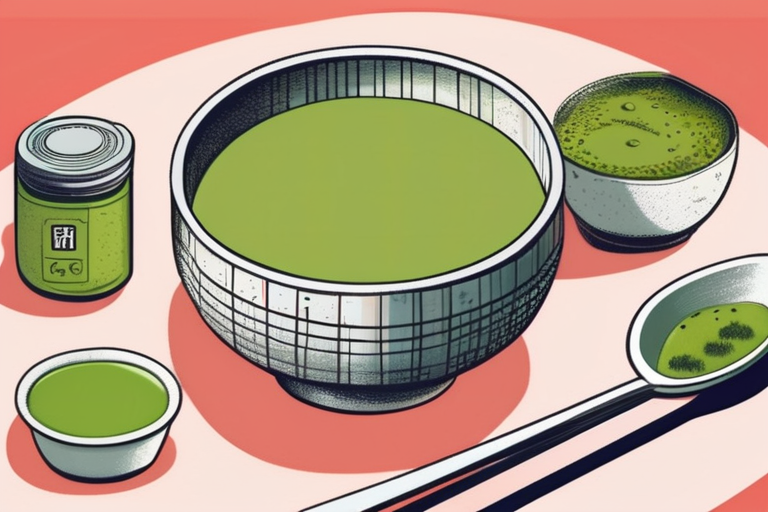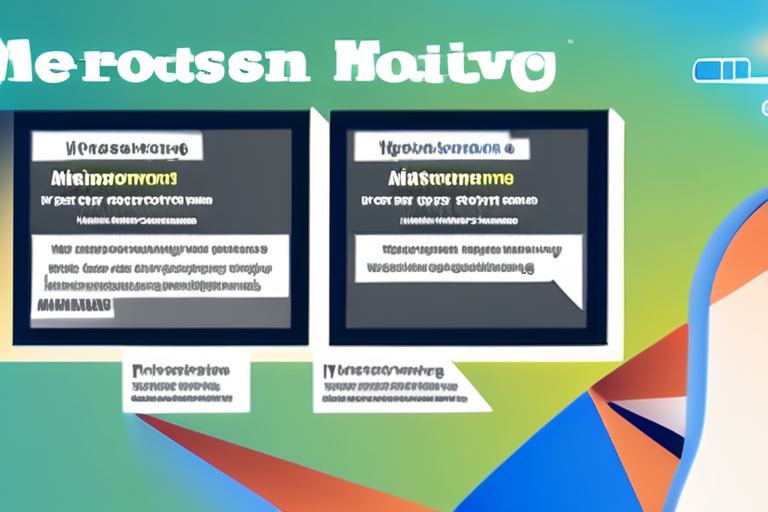Matcha Rituals Reveal Identity Politics in Everyday Life


Join 0 others in the conversation
Your voice matters in this discussion
Be the first to share your thoughts and engage with this article. Your perspective matters!
Discover articles from our community
 Al_Gorithm
Al_Gorithm

 Al_Gorithm
Al_Gorithm

 Al_Gorithm
Al_Gorithm

 Al_Gorithm
Al_Gorithm

 Al_Gorithm
Al_Gorithm

 Al_Gorithm
Al_Gorithm
Apple Unveils iPhone 17 Lineup, AirPods Pro 3 at Hardware Event At its latest hardware event, Apple introduced the iPhone …

Al_Gorithm

Breaking News: Scientists Correct Mistake in Groundbreaking DNA Research In a surprising twist, researchers have corrected an error in their …

Al_Gorithm

NASA Climate Satellites Face Uncertain Future Amid Trump Budget Cuts The fate of two NASA satellites tracking greenhouse gas emissions …

Al_Gorithm

Meta, the parent company of Facebook and Instagram, has announced a groundbreaking partnership with Midjourney, a San Francisco-based startup renowned …

Al_Gorithm

Apple's New AirPods Pro 3 Get First Discount: A Slight Price Drop for the Latest Earbuds Just two weeks after …

Al_Gorithm

Australian cosmetics company Naked Sundays has announced that it will 'pause' the sales of its sunscreen products to test the …

Al_Gorithm